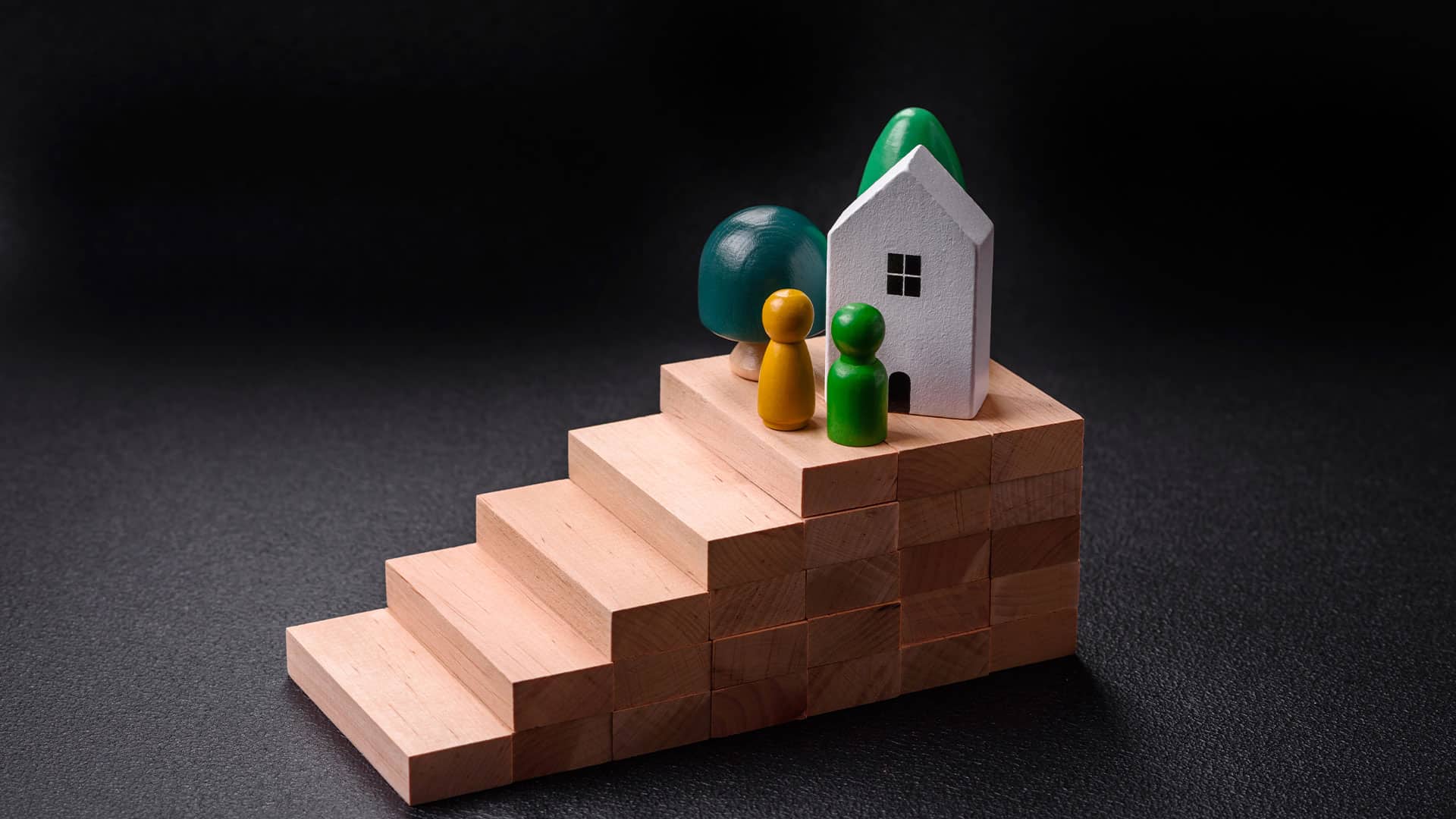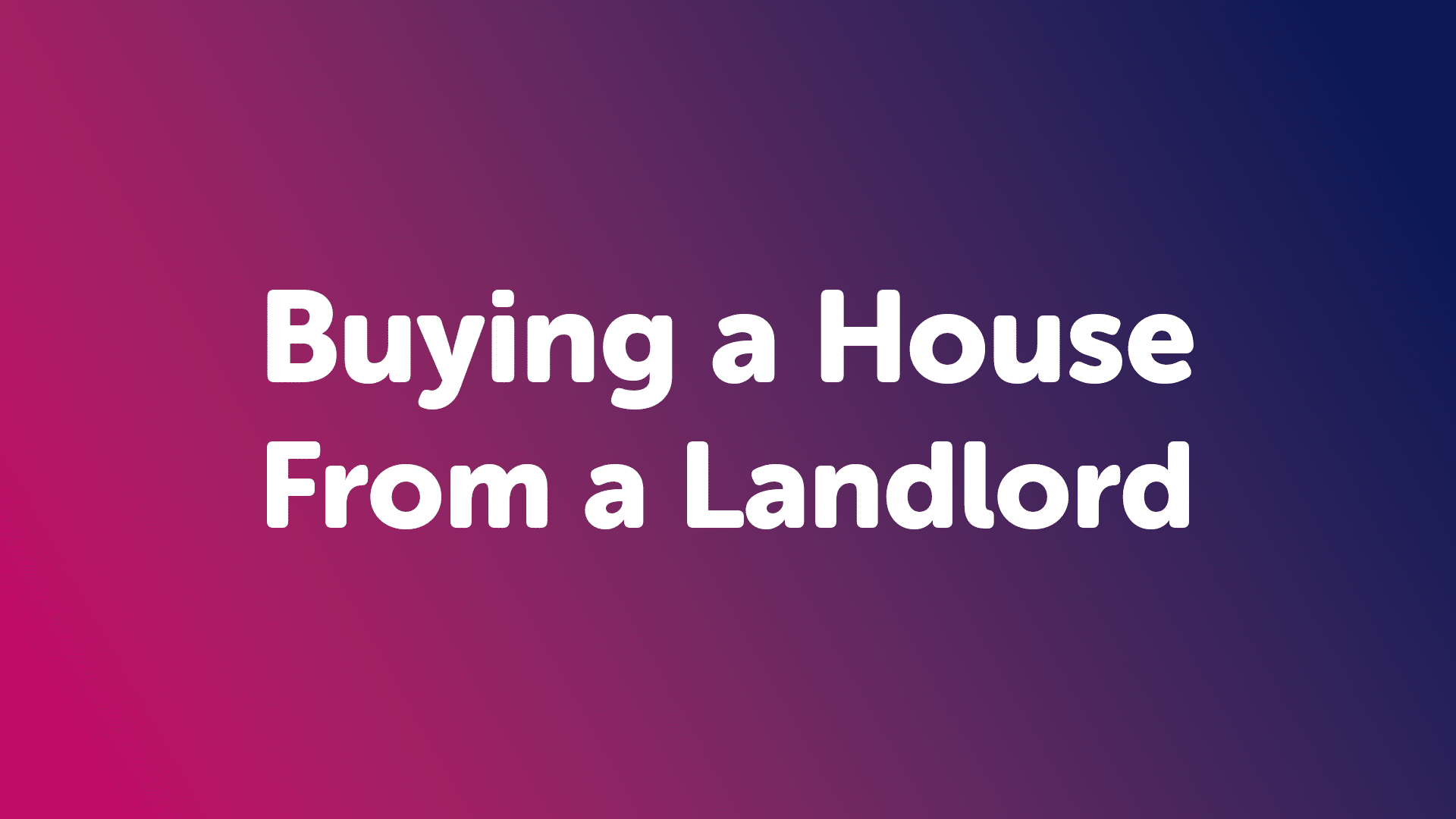Saving for a mortgage deposit can be challenging. We recommend all first time buyer in Bristol save as much as possible to put yourself in the best position. For example, if you’ve seen a house in Bristol on the market for £300,000, the minimum you will need is 5% of the property’s value for the deposit, which amounts to £15,000. Here’s how it works and some ways that can help you save:
What is a mortgage deposit?
A mortgage deposit is the amount of money you pay upfront towards the purchase of a home, with the remainder being covered by your mortgage.
Deposits can come from various sources, such as your savings, a gift from family, an inheritance, or the proceeds from selling your current property if you’re moving home in Bristol.
What is the minimum deposit for a mortgage?
The minimum deposit required for a mortgage is 5%, which would be a 95% mortgage. Depending on your circumstances and the property you are buying, you may need a higher deposit (e.g. 10% mortgage deposit, and a 90% mortgage).
What is Loan to Value, or LTV?
Loan to Value (LTV) is a key metric used to measure the ratio of the loan amount to the value or purchase price of a property, whichever is lower. Expressed as a percentage, LTV helps lenders assess the risk associated with the mortgage.
For example, if you’re buying a property in Bristol for £300,000 with a £15,000 deposit, your deposit covers 5% of the property price. The remaining 95% will be financed through a mortgage, resulting in a 95% LTV mortgage.
Schemes to Help You Save For a Deposit
Useful schemes you may be able to use include the shared ownership scheme, the right to buy and any government backed schemes.
There are also options such as guarantor mortgages, gifted deposit mortgage options and buying at a discounted rate from a family member or landlord to help first time buyers in Bristol.
Gifted Deposits
A gifted deposit involves a family member or close friend providing the whole or part of funds needed for a deposit on a property purchase. Mortgage lenders will want an explanation of where the money is coming from.
A gifted deposit letter will contain a full list of key details and declarations that prove the overall intention and source of funds are legitimate.
For a more in-depth discussion regarding gifted deposit mortgages, it is advisable to speak with a mortgage broker in Bristol. We can help ensure that all parties involved fully understand their responsibilities and obligations related to gifted deposits.
Do I need a deposit for a Buy to Let Mortgage?
It’s always been necessary to put down a larger deposit for Buy to Lets and most lenders at the moment are looking for 25%.
Are there any circumstances where I don’t need a deposit?
If you are purchasing as a sitting tenant at a discount from the open market value, from a family member or if you qualify for a discount under the Right to Buy scheme then you usually wouldn’t need to put any of your own money in as the equity from the discount can be used as your deposit.
Date Last Edited: October 4, 2024
















